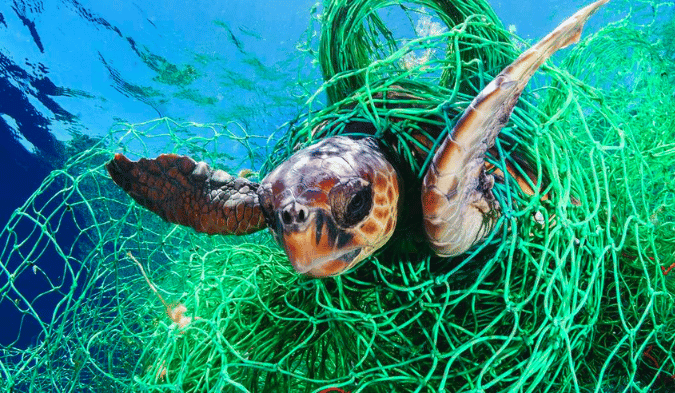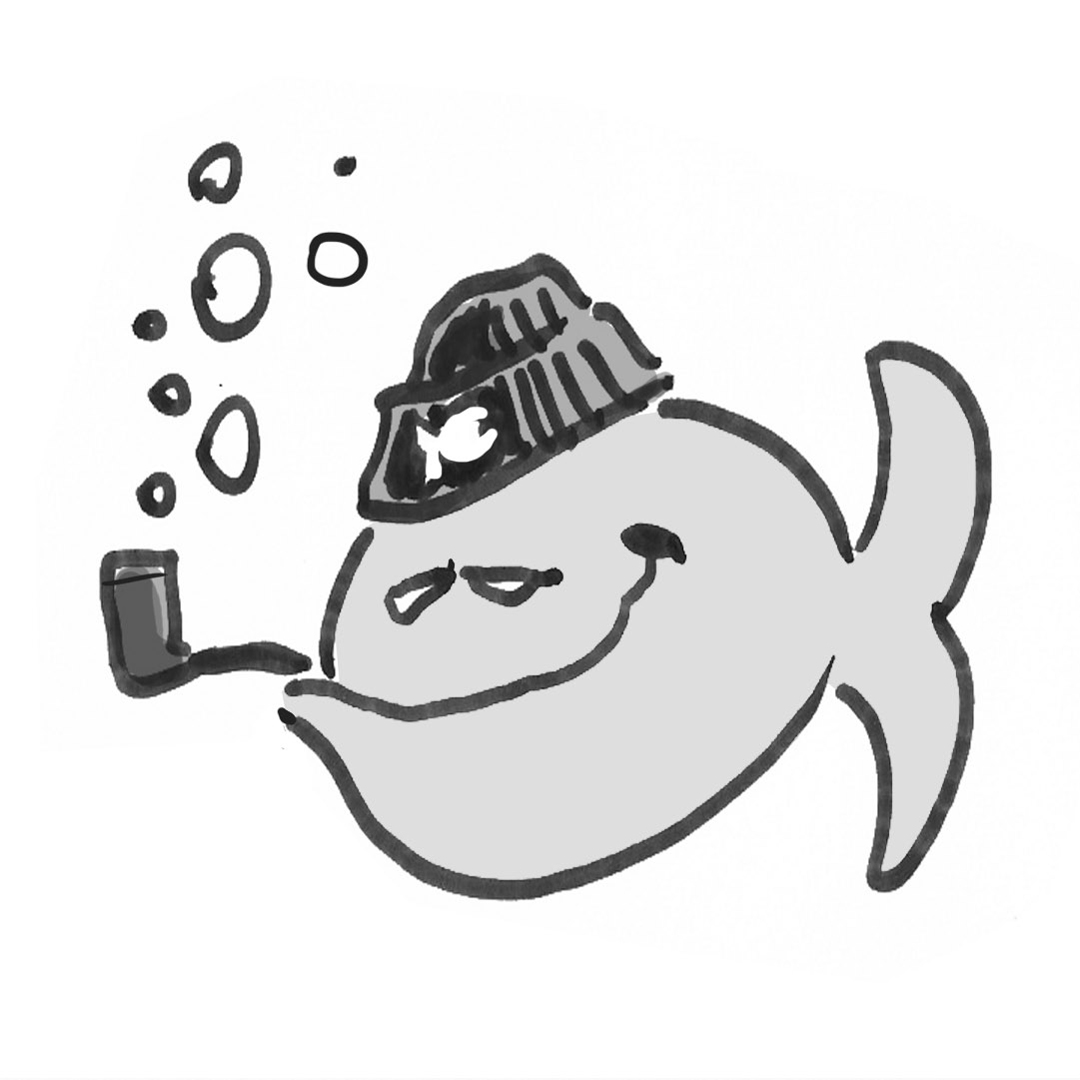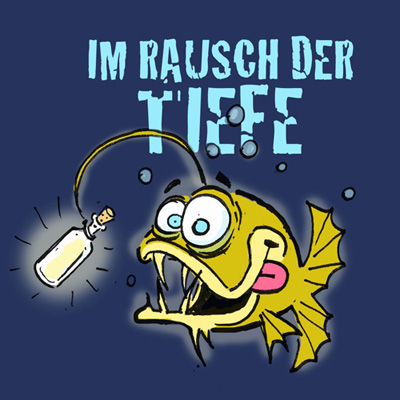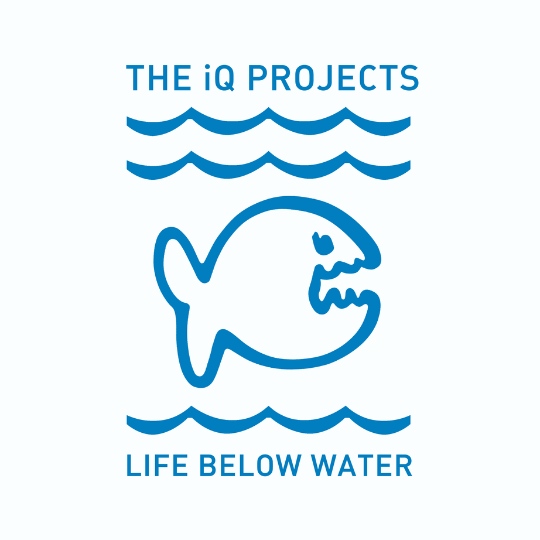
Save the iQ Fish - The story of a fish that needs saving
We love the sea, the sun, and regions of the Earth where it's warm, and the fish are colorful. This is how the iQ Fish was created in 1994. As divers, we've explored the world's oceans, including regions like the Red Sea, the Maldives, the Caribbean, Thailand, and the Mediterranean. Unfortunately, in these areas, the water becomes too warm for its inhabitants, is flooded with plastic in many places, and the fish, corals, reefs, and all other marine life suffer.
|
|
 |
Currently, up to a million species are at risk of extinction. One-third of fish stocks in the oceans are overfished annually, with over half of them using industrial methods that cause devastating bycatch. Animals that are not meant to be caught die miserably. According to experts, the number of fish is expected to decrease by up to a quarter in the coming decades. In short, the time for just watching must be over.
A few years ago, we decided to do nothing that harms the iQ Fish and its friends. Under the globally recognized UN sustainability rules, there is a dedicated point for saving marine animals: "Life below Water" (Goal 14). Unfortunately, few people adhere to it. Here are our own activities and everything each individual can do.
iQ saves the fish by:
- We collect plastic from the seas, currently over 20 tons every year.
- We recycle this plastic by turning it into contemporary clothing with special features such as UV protection, saltwater resistance, high wearing comfort, a cooling effect in high heat, or durability that saves water during washing.
- We produce sun protection clothing to reduce harmful substances in sunscreens and their plastic packaging.
- We generate our energy with our own solar panels and do not pass unused energy on, completely avoiding non-renewable electricity.
- We have decentralized our company except for our warehouse. No employee has to commute to the workplace. We minimize customer visits and mainly communicate digitally.
- We are paperless, handling delivery notes, invoices, accounting, and everything else digitally. Also, 90 percent of our advertising is digital.
- We package all products plastic-free in recycled cardboard.
- We think green and focus on minimal water consumption, low wastewater, and no chemical additives in the manufacturing and use of raw materials.
- We produce in the EU to ensure short delivery routes and a good CO2 footprint.
- We prioritize fair working conditions in our iQ Company and only collaborate with suppliers and partners who share the same values.
- One of the heroes among divers is Jacques Cousteau, the French pioneer of marine research, who always worked in harmony with the underwater world and early on highlighted the dangers of dealing with the sea. In his honor, the artist Michael Apitz drew an iQ Fish – "Edition Jacques".
Discover our 💚 recycled clothing now

What you can do to save the fish:
- Don't buy industrially caught fish; pay attention to their origin.
- Don't buy plastic, products in plastic packaging, or products from countries that do not respect human rights, freedom of speech and the press, and democratic structures.
- Choose products made from recycled materials before organic products like organic cotton, as the latter consumes a hundred times more water in cultivation and production compared to an iQ shirt.
- Use only a minimum amount of sunscreen, and when purchasing, look for sustainable packaging (unfortunately rare) and a low level of pollutants in the content (even rarer).
- Wear your clothes for a long time, dispose of them correctly, or turn them into something new.
Discover our 💚 recycled clothing now
Finally, a statistic that should shock us and make us all think. Germany, Austria, and Switzerland are world champions in waste separation. Sounds good. But: we can only process about 10 percent of plastic waste and export around 90 percent to other countries. Among these countries are many poor states that need the money for importing waste but are unable to process it. The result: plastic ends up in landfills, in the slums of the poorest of the poor, and in the sea. If you've ever sailed a few nautical miles in front of a local island in the Maldives through a closed surface of plastic, you know what that means. Certain death for all who have to live under this sea surface. So, wear "Slow Fashion," "Fair Fashion," and "Save the iQ Fish."
Thank you!
